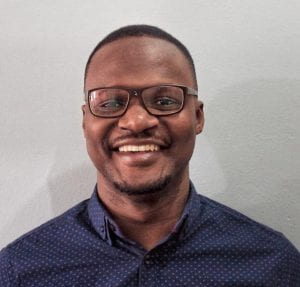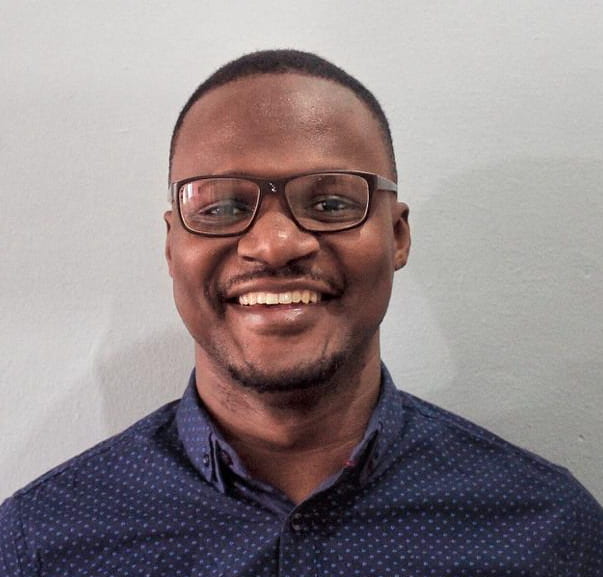In this week’s piece Andrew Kalule, a final year PhD student in the SHIP team, shares his experiences coping with the COVID-19 pandemic while carrying out his PhD research. Andrew is supervised by Professor Lesley Price and Professor Kay Currie.

The COVID-19 pandemic has been an enormous change to everyone from impacting on economies of various countries down to individual lives. The impact on individual lives has sometimes gone unnoticed especially among students. The mental well-being of PhD students has always been an issue, with a study in 2017 estimating that 32% of PhD students are at risk of having or developing a common psychiatric disorder, especially depression. This figure has probably been worse during this pandemic. In this blog, I share my experience of what has helped me survive during this period while maintaining a focus on my doctoral studies.
Accepting the reality
One of my main concerns at the beginning of the outbreak, was how I was going to be able to collect the remaining data for my research project and be able to finish my studies in the required timeframe. This seemed to be the most important thing to me at that time. However, with time I had to come to terms with the present reality. Backed by my supervisory team, a decision was made to utilise the data that I had already collected. The assurance and support from the team, that I would be able to produce a credible thesis with the already collected data did calm my nerves and refocused my attention.
Taking a holiday
Anticipating travel restrictions and lockdowns, I quickly booked a flight away from the UK. I think this was the best decision I made because I couldn’t have kept my sanity while restricted to being in the room by myself.

Working less
A month into the pandemic, I was faced with the reality that my PhD studies had to continue. Soon after taking a month off, I had to resume work on my PhD starting with that never ending data analysis. However, soon I realised that I was not working at my ‘pre-COVID’ 100% levels, I always got distracted and faced some other unavoidable circumstances. With my levels of worry rising, particularly about finances and finishing in time, I devised means to avoid this. I constantly worked for less hours with frequent breaks throughout the day, accepting that although I may not be giving 100%, I was still making strides towards the overall goal. Setting small targets also helped me work through this time.
Occasional breaks
Taking occasional breaks has by far been the most important strategy for me. These breaks have ranged from taking a few minutes to days off. Although I often felt guilty of taking breaks knowing that I had probably not worked on my PhD, these proved helpful as they helped me have a fresh view of my work with new ideas.
Supportive supervisory team
I cannot emphasise enough how supportive my supervisory team has been during this time. They have provided an aura of calmness in my “anxiety journey”. I must say keeping constant communication with my supervisory team has been extremely helpful.
The above strategies have helped and continue to help me (given that COVID-19 is still with us) maintain my focus. However, It is important to let the emotions flow and keep at the back of your mind that you are not alone on this journey. I may be (temporarily) writing in an attic, but I’m still as much of a graduate student as I was 5 months ago, still trying to get this PhD done!
To find out more about the SHIP team, head on to the GCU website, read the rest of our blogs and follow us on Twitter @SHIPGCU
